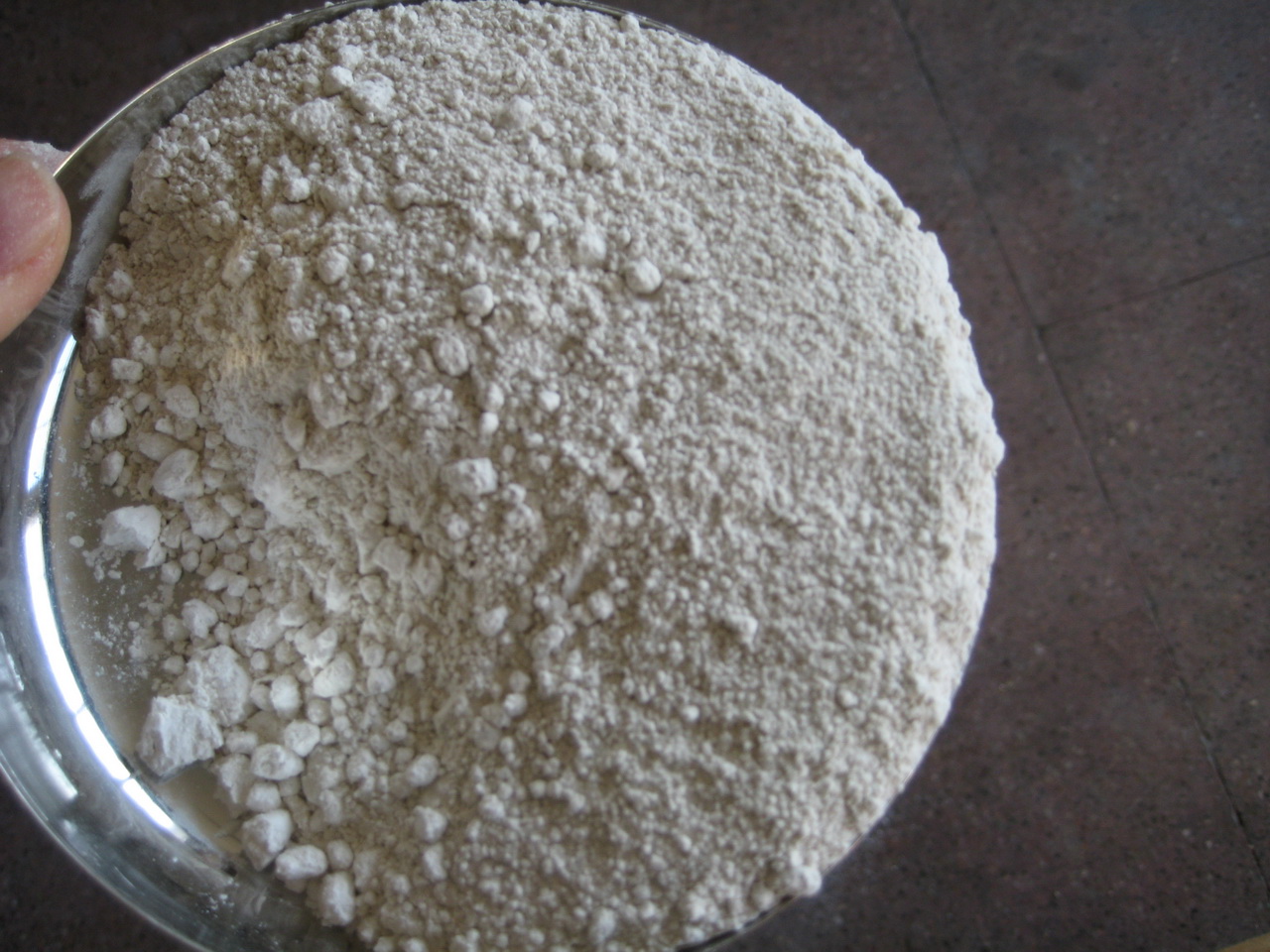
Gypsum, or calcium sulphate dihydrate, occurs naturally as a mineral or as a rock; suitably and otherwise treated, it is used as a binder with multiple uses or for the creation of artifacts.
The greater percentage of the gypsum extracted is used in construction, where it is used as a filler, as a plaster, binder, or building block; it also produces sheets for partition walls and prefabricated panels (where the gypsum is enclosed between two cardboard sheets, the plasterboard) to install sound-absorbing and heat-insulating insulation with fireproofing characteristics.
In Italy there are rich gypsum veins from Piemonte to Sicily, in particular it is macrocrystalline gypsum, free of anhydrite and associated with the presence of sulfur. Although the real quantity of this mineral present in the subsoil of the peninsula has never been calculated, it can reasonably be assumed that there are deposits for tens of billions of tons that could guarantee the take-off of a thriving mining and processing activity that would feed a large production of building materials at a much lower cost than the production of other building binders.
Extraction and processing of gypsum
The gypsum is extracted underground or in excavations of open-cast quarries; the size of the gypsum is variable and therefore requires crushing and grinding at progressive fineness in order to make it suitable for different uses or for any heat treatments for the drastic reduction of the percentage of water naturally contained in it necessary for its use in construction.
In fact, 98% pure gypsum can also be used in “raw” form, that is natural, in agriculture as a soil improver, fertilizer and corrective to the acidity of the soil, as well as in farms and stables because it is able to break down large quantities of ammonia, but, in order to produce gypsum suitable for building use, an industrial process is necessary that modifies its particle size and chemical composition (essentially a dehydration, called calcination).
The process starts with a first crushing by a jaw crusher, which brings the bulks coming from the quarry from over 50 cm to 15-20 cm, we then proceed with a secondary crushing by a hammer mill that brings the raw material to the size suitable for cooking (from 15-20 cm to 0-8 mm). The material is then conveyed by chain conveyors into the rotary kiln which by heating the gypsum above 128 ° C eliminates part of the water (about 75%) present in the chemical structure of the quarry material, passing from CaSO4 • 2 H2O to CaSO4 • 0, 5 H2O and thus obtaining gypsum called semihydrate which has a setting time t = 4 | 8 ‘.
At a temperature between 150 and 180 ° C the crystallization water is completely eliminated: CaSO4 • 2H2O + heat → CaSO4 + 2H2O (steam) then soluble anhydrite is obtained, called alpha gypsum, with a setting time between 15 and 30 minutes. Bringing the temperature over 200 ° C it is observed that the higher the temperature reached, the more difficult the anhydrite is able to reacquire the crystallization water (beta gypsum) and reaching about 600 ° it is no longer rehydratable (gypsum overcooked or dead) used as an underlay in some types of flooring. The burning time and the temperature at which the gypsum is treated determine the chemical-physical characteristics of the finished product and therefore characterize its possible uses (ready-set gypsum, “normal” gypsum, plaster od Paris …).
Equally important is the post-burning pulverization process which guarantees to obtain a homogeneous product, easy to use and which guarantees the perfect success of the implementation. For use, the burnt gypsum is finely ground with grain sizes between 150 and 600 microns.
Our company designs, builds and supplies complete, “turnkey” gypsum production lines, from primary crushing to refining and storage of pulverized cooked gypsum. We pay particular attention to the control system of the calcination process, which takes place completely automatically, by monitoring the main operating parameters: gas temperature at the kiln inlet, gas temperature at the kiln outlet, gypsum temperature at the exhaust.
The modulation of the thermal load according to the characteristics of the gypsum to be obtained, allows on the one hand the optimization of the energy consumption of the burner, on the other hand it guarantees the maintenance of the quality and characteristics of the gypsum over time.
Our plants, in Italy and abroad, are managed by PLC which allows you to proceed automatically at the start and stop of the plant, in addition to monitoring all mechanical, electrical and instrumental components, via HMI units (touch panel). From the same synoptic panel it is possible to adjust the thresholds according to which plaster with different characteristics can be obtained. The automation is also extended to the management of emergencies. In some cases we have been ordered to supply even only some of the plant components: hammer mill – refiner mill – furnace – mechanical conveyors – pneumatic transport – hot gas generator unit.

